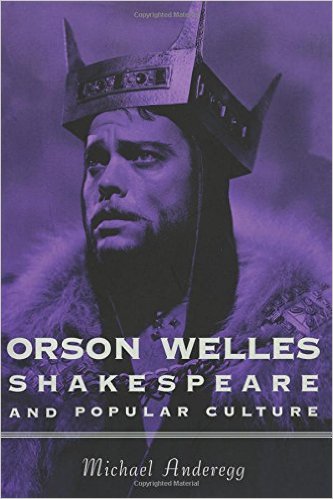
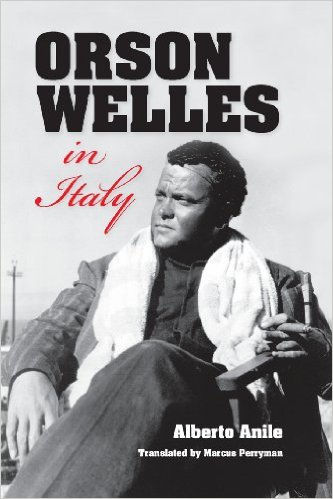
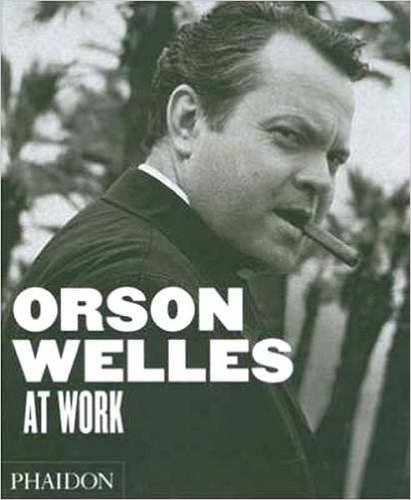
Please read the Class Policies page now.
Send all work for this course to [email protected]
All assigned work for the course must be completed and be of passing quality to pass the course. We will learn collaboratively. I will not lecture at you while you try to stay awake. Therefore, you and your fellow students must all participate in class discussion. This is a new and somewhat experimental course I have designed myself. It is not a course where you can do 70 percent of the work and expect to get a C in the course. To get a C in the course, you need to do 100 percent of the work at a C level. Because of the large number of students in the class, I may not notice if you have not been completing the work until the end of the term. In that case, you will receive an E. To get a C or above, you must do all the written work and you must participate in class discussion.
Requirements: Bring copies of any of the required books and essays to class as required and have them out before class begins; co-lead class discussion once in a two period class; give a report once in a one period class; three 700 word papers; two discussion questions, three shot analyses for each film and two discussion questions,three or more "BIG WORDS" for each class; student formulated quizzes each class approved by me; and a willingness to reflect, think, respond, by paying very, VERY, VERY close formal attention to texts and films. The two required books are Michael Anderegg's Orson Welles: Shakespeare and Popular Culture and Alberto Anile's Orson Welles in Italy. I also highly recommend François Thomas and Jean-Piere Berthomé, Orson Welles at Work 2008. Both required books should be in the UF Bookstore. All other readings are linked in blue as pdfs on the schedule page.
 |
 |
 |
If you want to be in this class, you have to be in it.
Therefore:
If you are late to class, or if you leave during class, or if you leave class early, you will fail the class. You are allowed two absences without excuse or penalty. Rather than arrive late or leave early, use one of your allowed absence. I strongly recommend that you wake up early and plan to arrive by 8:25 a.m.
You'll need to have a copy of the reading--a copy printed on paper--with you in class.
I don't not allow the use of cell-phones, kindles, or computers in class. If you have a cell phone with you during class, please turn it off (not on vibe, but off). Take notes with paper and a pen or pencil. (I can see you, lol.)
I take silent roll for each class. If you don't turn in the discussion questions, three shots, and "big words" (when they are due), I will count you as absent. For more details, see the class policies here.
To repeat: If you want to be in this class, you have to be in it. In short, if your ambition is only to get a "C" in this course, you should not take it.
Two students will co-lead class discussion each class once on a Tuesday and once on a Thursday.
Students who co-lead class will also give a quiz (two questions) at the beginning of the class they co-lead.
Missed quizzes may be not be made up.
Late work may not be made up.
Assignment (two-parts) for each class:
A. Two discussion questions, numbered 1 and 2 and with your name at the bottom of the document, on each assigned reading or film are due by 5 p.m. on Mondays. And two discussion questions, numbered 1 and 2, on each assigned reading or film are due by 5:00 p.m. on Wednesdays. Email your questions in one word document (as an attachment) to me at [email protected]. If you plan to attend the screening, you may send your film DQs and three shots by 10:00 p.m. on Mondays. The projector in Turlington is a computer projector, not a film projector. So the image quality and sound quality may be worse at the screenings than the quality of what you can get at home watching the film by downloading it or streaming it.
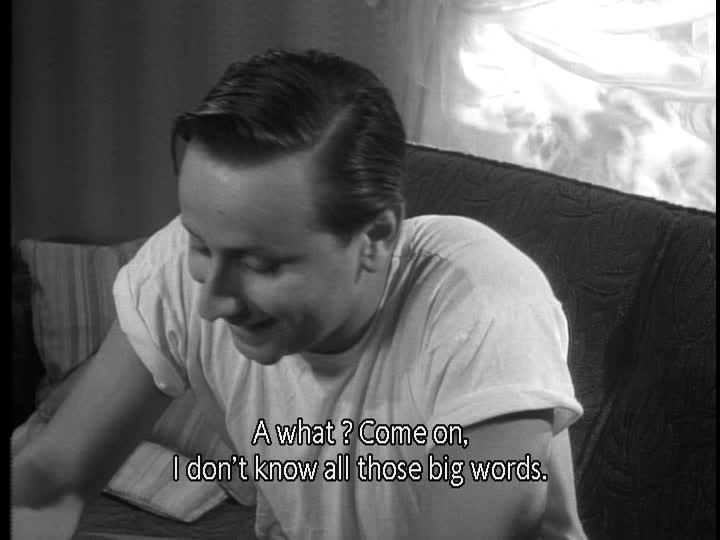
C. BIG WORDS (at least 3) defined from the readings (not the films):
Many of the readings will be difficult, partly because the vocabularies the writers use contain technical terms you probably won't know as well as "big words" you may not know. Since you can easily go to wiktionary to look up the meanings and etymologies of words you don't know, I ask that you include at least three words you had to look up with your discussion questions. That will help everyone in the class. And since this is an English class, you should want to expand your vocabulary, no? :) Words also have histories. You may want to consult the Oxford English Dictionary online through UF.
1. Got to Databases and type in "OED" and then hit "Find."
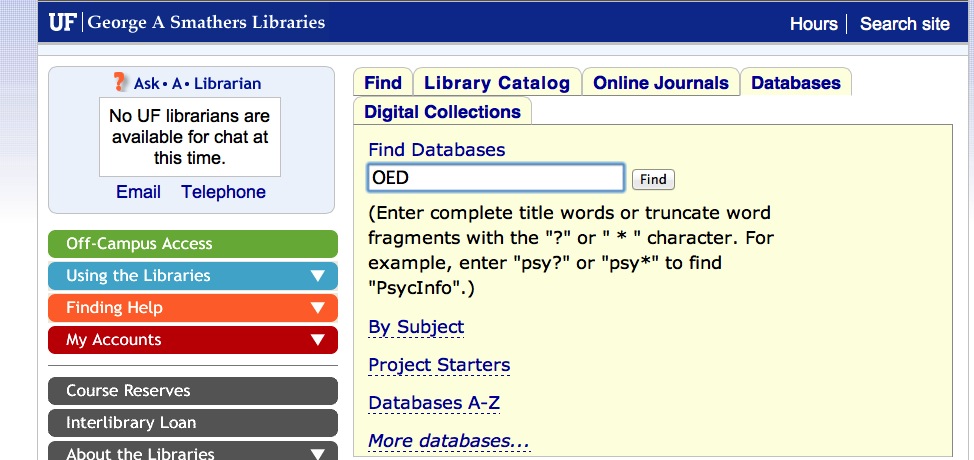
You will get to this page. Double click on "Oxford English Dictionary."
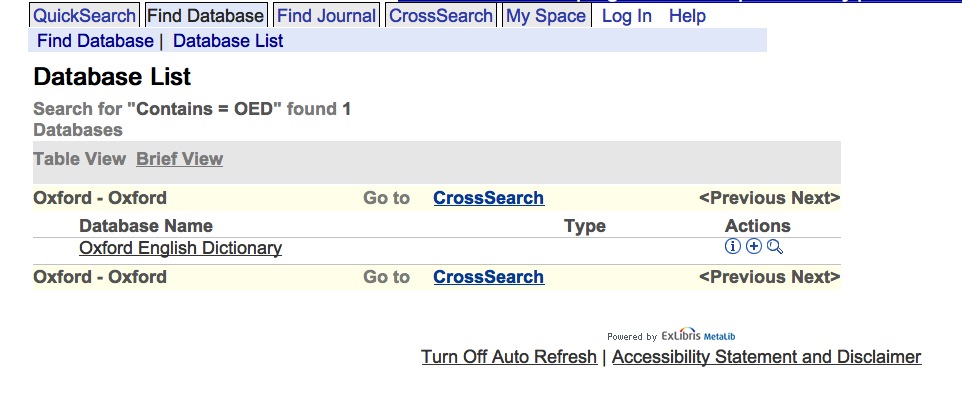
You will get to OED at this page, where you can look up words of interest.

See also Impact (1949) and The Loophole